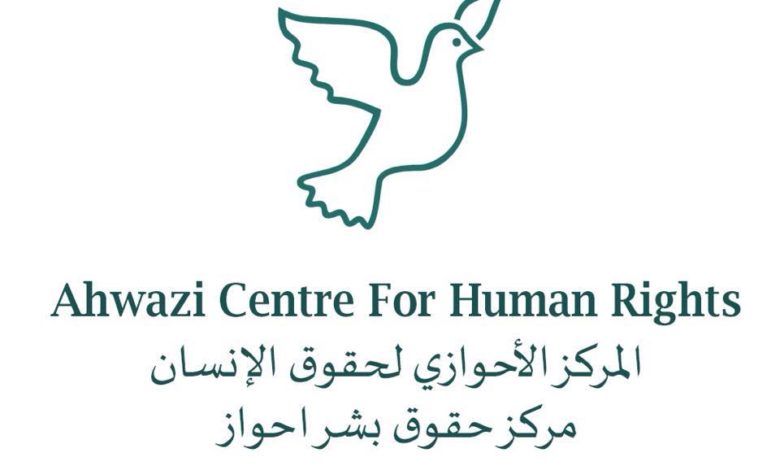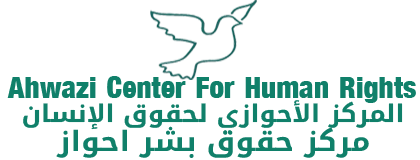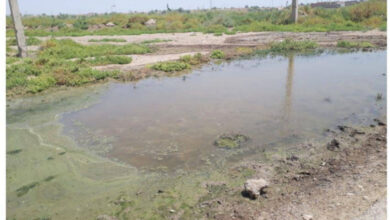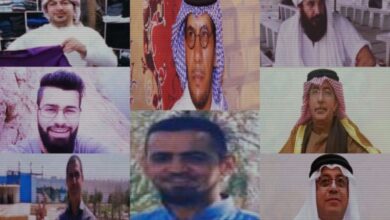The Importance of Mother Language to Ahwazi People

By Hossein Bouazar
The mother language, or the language that is spoken by a person’s family and community, is a fundamental aspect of a person’s identity and cultural heritage. Language is not only a means of communication, but it also plays a vital role in shaping the way we think, perceive and understand the world around us. Therefore, mother language education is crucial in preserving cultural diversity and ensuring the overall development of an individual.
Firstly, mother language education helps children to develop their cognitive and linguistic skills more effectively. Studies have shown that children who are taught in their mother language are more likely to succeed academically, have better comprehension skills, and higher levels of creativity. This is because learning in the mother language provides a familiar foundation for children to build upon, allowing them to understand new concepts more easily and to express their thoughts and ideas more clearly.
Secondly, mother language education is essential in preserving cultural diversity. Language is a key aspect of cultural identity, and by promoting mother language education, we can help to ensure the preservation of various cultural practices and customs that are often associated with specific languages. Additionally, when people are encouraged to learn their mother language, it fosters a sense of pride and identity in their heritage, which can help to strengthen social cohesion and promote a more inclusive society.
Moreover, mother language education is a vital tool in promoting social and economic development. In many countries, there is a significant disparity between the educational opportunities available to those who speak the official language and those who speak a minority language. This can lead to social and economic exclusion, limiting opportunities for individuals and entire communities. By providing mother language education, we can help to bridge this gap and create more opportunities for all individuals to reach their full potential.
In conclusion, mother language education is crucial in ensuring the overall development of an individual, preserving cultural diversity, and promoting social and economic development. It is essential that we recognize the importance of mother language education and work to ensure that everyone has access to it. By doing so, we can create a more inclusive and equitable society that values and celebrates the diversity of its people.
Ahwazi people, have a unique cultural and linguistic heritage that is rooted in their mother language, Arabic. For many Ahwazi people, Arabic is their primary language of communication, cultural expression, and identity. Therefore, it is important for Ahwazi people to learn in their mother language for several reasons:
- Preservation of Cultural Identity: Learning in one’s mother language helps to preserve and promote the unique cultural identity of Ahwazi people. By studying in Arabic, Ahwazi students can connect with their roots and gain a deeper understanding of their history, traditions, and values.
- Improved Academic Performance: Studies have shown that students learn best in their mother language. When students are taught in a language they are familiar with, they can understand concepts more easily, retain information better, and perform better academically. This is particularly important for Ahwazi students who may struggle to learn in a foreign language.
- Equal Access to Education: Ahwazi students who are not proficient in Persian, the official language of Iran, may face barriers to accessing education. By providing education in Arabic, Ahwazi students can have equal access to education and can receive the same opportunities as their Persian-speaking peers.
- Increased Participation in Society: When people are not able to learn in their mother language, they may feel marginalized and excluded from society. By offering education in Arabic, Ahwazi people can participate more fully in society, engage in public discourse, and have access to a wider range of opportunities.
In summary, learning in their mother language is important for Ahwazi people to preserve their cultural identity, improve academic performance, have equal access to education, and increase participation in society.
Hossein Bouazar, a passionate advocate for human rights hailing from Ahwaz. With a deep-rooted connection to his people, the Ahwazi Arabs, Hossein dedicates his writings to shedding light on the challenges they face. As a vocal critic of the Iranian regime, he fearlessly exposes the human rights abuses perpetrated against the Ahwazi people. Through his poignant words, Hossein aims to raise global awareness about the injustices experienced by the Ahwazi Arabs. His writings serve as a powerful voice, challenging the status quo and advocating for a world where the fundamental rights of all individuals, regardless of their ethnicity or background, are respected and protected.
Ahwazi Centre for Human Rights
Date: 2023/02/19




